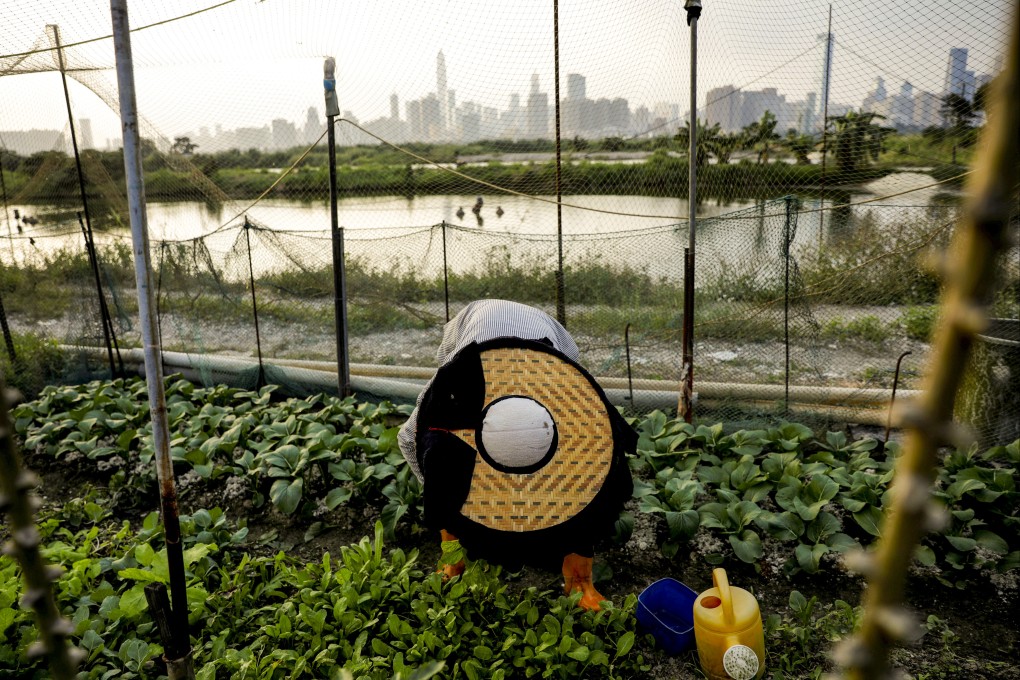Advertisement
Letters | Why Hong Kong should be hot for hi-tech agriculture in a warming world
- Readers discuss agriculture in Hong Kong, the capitalist mentality, the state of planetary defence, the World Expo in Dubai and plant-based meat
Reading Time:5 minutes
Why you can trust SCMP

As natural disasters become more frequent, the risk of crop failure will rise significantly and create huge food security challenges. To minimise the impact of extreme weather and increase productivity, advanced technologies for agricultural production are needed.
Hi-tech agriculture has great economic potential, especially for Hong Kong. The city already has a highly developed research and development industry and is looking to transform into a knowledge-based economy. Hi-tech agriculture can help diversify Hong Kong’s economy and development.
Hong Kong is a highly urbanised and commercialised city, and its residents’ lives often revolve around consumption. People have a distant relationship with nature and one another.
Advertisement
Village life brings people back to tranquil nature and helps them forget the clamour and pretentiousness of urban life. It can also build a rural community network with more intimate connections. This can revitalise Hong Kong’s long-lost human spirit.
The globalisation of the food chain means many countries are involved in food production, processing and procurement. As a result, food supplies are exposed to higher contamination risks. It is also hard for the government to monitor and track the origins of food safety issues.
A local agricultural industry can provide much safer food and enable the government to monitor the production and processing of agricultural products more effectively. This can reduce the food safety risks of imports.
Advertisement
Advertisement
Select Voice
Choose your listening speed
Get through articles 2x faster
1.25x
250 WPM
Slow
Average
Fast
1.25x
